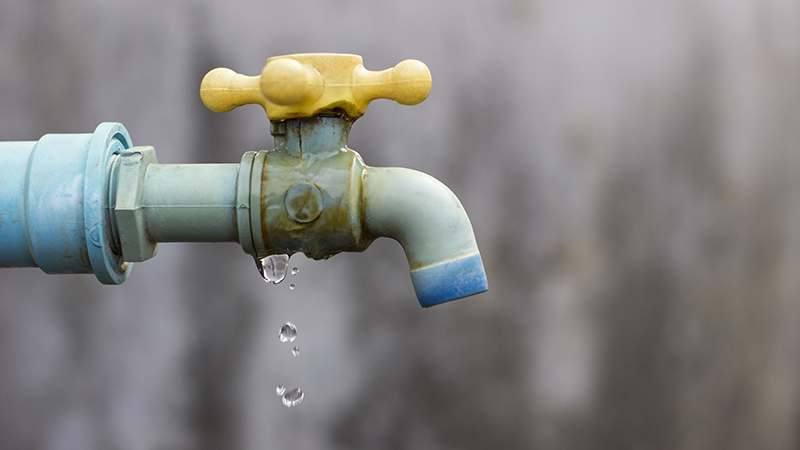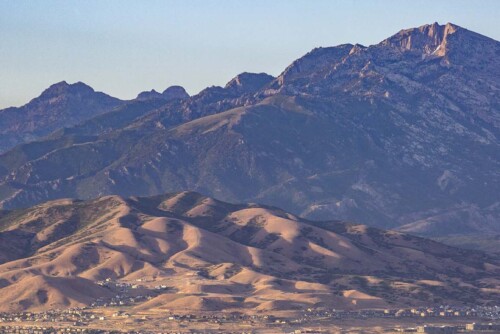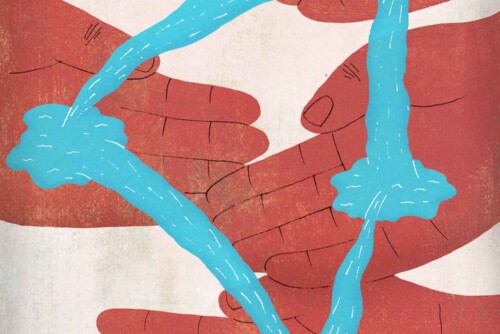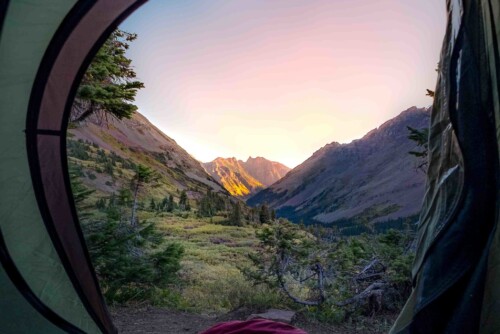Ensuring access to safe, affordable drinking water in Indigenous communities is a critical issue facing the West.
Western Resource Advocates board members Anne Castle and Heather Tanana have been working to shed light on the problem and to develop potential solutions. Tanana was the lead author on a report released by the Water & Tribes Initiative, an organization co-led by Castle and water expert Bidtah Becker. The report details inequities in water access for tribal communities in the Colorado River Basin.
Nearly half of the households on Native American reservations do not have access to clean, reliable water or basic sanitation. Furthermore, Native American households are 19 times more likely than white households to lack indoor plumbing, according to the Tribal Clean Water Initiative.
The COVID-19 pandemic has drawn attention to these inequalities. Lack of access to running water, among other disparities, made Indigenous communities more vulnerable to the virus. Indigenous peoples continue to have the highest hospitalization and death rates from COVID-19 of any ethnic group.
The Tribal Access to Clean Water Act, introduced into the U.S. Senate in July 2021 and sponsored by New Mexico Senator Martin Heinrich and Colorado Senator Michael Bennet, would begin to address this problem. It would provide much-needed funding to four agencies that have authority and programs for expanding access to clean water on Native American reservations. The bipartisan infrastructure bill (Infrastructure Investment and Jobs Act), signed into law by President Biden in early November 2021, includes some components of the Tribal Access to Clean Water Act, with significant appropriations for the Indian Health Service and the Environmental Protection Agency.
“The IIJA is making an unprecedented investment in tribal water infrastructure, fully funding the Indian Health Service’s water and sanitation program for the very first time,” said Anne Castle of the Getches-Wilkinson Center at the University of Colorado Law School. “The Water & Tribe Initiative’s Recommendations for Operational, Administrative, Policy, and Regulatory Reform report outlines the steps needed to make the most of these urgently needed funds.”
And although the CARES Act, the COVID relief bill that was approved in the spring of 2020, allowed Indigenous communities to use part of the relief funding to build or repair water infrastructure, huge gaps still need to be addressed.
WRA applauds these legislative efforts to solve this dire problem and ensure that all communities in our region have an equal opportunity to thrive.








